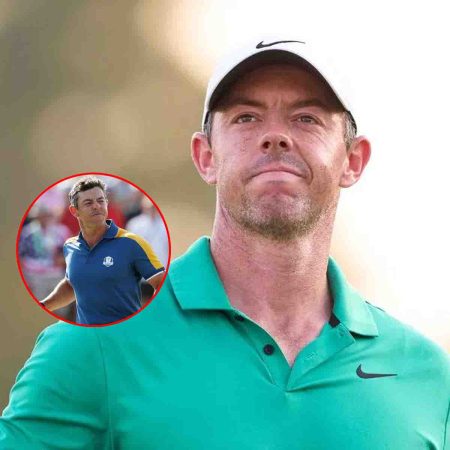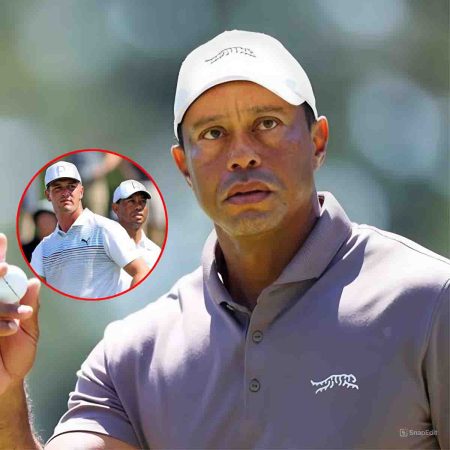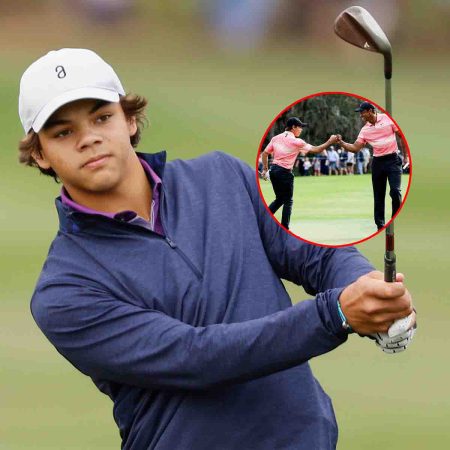Raised in the Peri Jardim area of Sao Paulo, the Manchester City striker’s route to the top was shaped by his first club
FOR Gabriel Jesus, Clube Pequeninos wasn’t just a football club – it was his lifeline.
A million miles away from the bright lights and glossy turf of the EPL, the mud pitches of Jesus’ youth helped the Brazilian become one of the world’s young stars.

Gabriel Jesus, aged 11 in 2009, with a trophy won by his Clube Pequeninos team

Raheem Sterling and Gabriel Jesus are about to get hefty pay rises at Manchester City
In the poverty stricken streets of Sao Paulo, football and the harsh realities of the favelas collide in brutal fashion.
In an interview with The Players’ Tribune, he reveals: “Sometimes kids would ride the bus for an hour just to come for the meal and the ‘canasta básica’ – the little food care boxes that the coaches would give to them to take back to their families.
“It has rice and beans and bread – the stuff you need to get by for the month.”
Growing up in a broken family and the youngest of four siblings, Jesus never knew his father.

Jesus (top, fifth from the right) and his team-mates pose on the mud pitches of Clube Pequeninos
Raised single-handedly by his mother, Vera Lucia, he was remembered by neighbours as being a ‘quiet, smiley kid, only interested in football’.
And the game proved to be his – and many other boys – vital escape in the crime-ridden and dangerous streets of Sao Paulo’s Peri Jardim suburb.
In the space of four years, the young Jesus went from playing on the dry, muddy pitches of Clube Pequeninos to the summit of the Brazilian league with Palmeiras.
His performances for Palmeiras earned him a £27million move to Manchester City a year ago, and he is already on the verge of a pay rise.

Jesus’ identity cards from his time with the club
Jesus explains: “[Pequeninos] is actually a lot more than a football club.
“Don’t think of beaches and palm trees and all that stuff. That’s not Peri. Our field was right outside of a military prison.
“The pitch was just dirt, there was no grass, and it was surrounded by all these big pine trees.
“The only people who played there other than the kids were the policemen from the prison.
“For me, all my dreams, everything I have now – everything starts with Clube Pequeninos.”

The pitch next to a prison where Gabriel Jesus first showcased his talents
Clearly blessed with remarkable natural talent, the mud pitches are credited with helping the City star develop into the goal-machine he is today.
That, and the men he had to face as a skinny 13-year-old.
“I started playing with grown men in the Varzea”, he recalls.
“The Varzea is kind of like street basketball in America, or like the semi-professional football leagues in Europe.
“The pitches are all dirt, and you’re playing against the marmanjo – the ‘hard men’.
“It’s known for being extremely physical.
“There was a lot of nasty stuff going down on the field.”

The uneven bounce and tough surface helped Jesus to improve as a player
These encounters against the toughest Sao Paulo had to offer were brutal affairs, with the young Jesus on the receiving end of some treatment from a notorious local side.
He reveals: “So they started beating me up every time I touched the ball.
“They got pretty crazy, like they were really coming after me to hurt me.
“This one short midfielder on their team was known to be a bully, and he kept saying, ‘I’m going to break your legs if you try to dribble past me again.'”

José Francisco Mamede coached the young Brazilian
Jesus’ team-mates had the shelter the youngster from harm in the car park following the game, forming a protective shield as they walked him safely back home.
Years later, that same player was hugging and posing for photos with the youngster he tried to assault after Gabriel began knocking in goals for the side he supported.
Moments like that were to be frequent as Jesus’ remarkable natural ability saw him fast-tracked through the side, moving on to star for amateur team Anhanguera.
The Brazilian signed youth papers with Palmeiras in 2013 and after scoring 54 goals in 48 matches, was handed a pro deal. The rest, as they say, is history.

Gabriel Jesus stayed with Palmeiras where he won a league title in Brazil
But it is to Clube Pequeninos that the Manchester City star still looks back on with the most fondness.
Tto the days when he used to terrorise defenders and stay out until midnight all for the love of the game.
José Francisco Mamede, Jesus’ coach during his time with the club, was the least surprised of anyone that his boy-wonder has gone on to conquer Europe.
“I always knew he would turn out to be a top professional,” he says.

Gabriel Jesus celebrates winning title with Palmeiras
“When we had him as a boy I predicted he would turn pro, play for Brazil and get a big overseas transfer.
“Gabriel used to say that he never missed training, never missed a game.
“I’ve had at least 10 young players here who were as good, if not better than him, but they didn’t make it because they were lazy. Something that Gabriel never was.”
Adored by the locals back in Peri despite being thousands of miles away in Manchester, Jesus has a mural in the area which reads: ‘I can leave Peri but Peri can never leave me’.

Since joining Manchester City from Palmeiras for £27m, Gabriel Jesus has been nothing short of a revelation
His mother has always been regarded by the young Gabriel as his main inspiration.
She was the woman who constantly kept the family out of poverty thanks to her cleaning job in the city and encouraged him to excel at his sport.
Whenever he scores now, whether it be in the backstreets of Peri with his old mates or in the Champions League final, he makes sure to call his mum and tell her.
The way Jesus’ star is rising, she can expect plenty more of those calls in the years to come.








